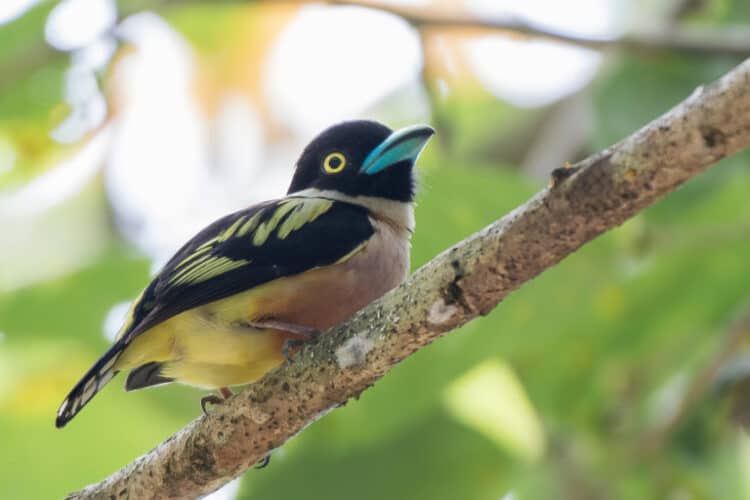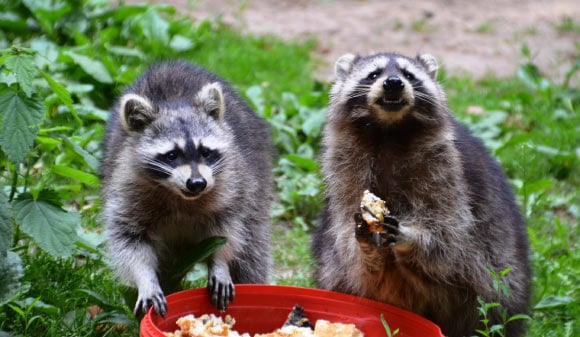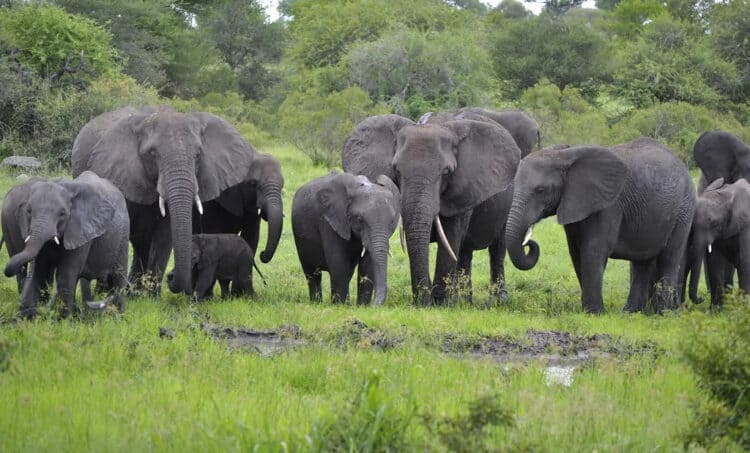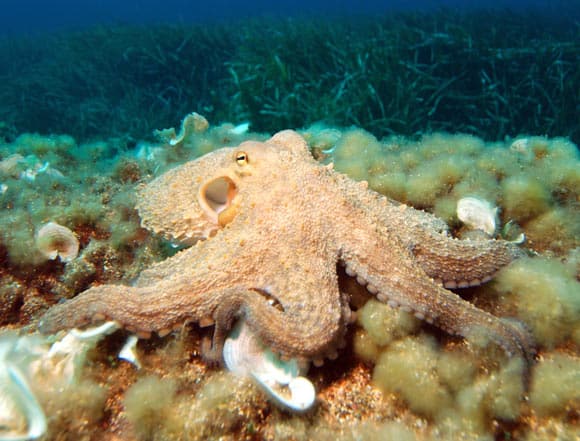Raccoons are adorable creatures that are known for digging in the trash, but not much research has gone into how these critters navigate big cities and suburbs in which they usually live in.
Lauren Stanton, a postdoctoral researcher studying animal cognition at the University of California, Berkeley, published a paper with her team in the Journal of Experimental Biology about the cognitive abilities of raccoons.
The study included trapping, tagging, releasing, and testing dozens of raccoons in Laramie, Wyoming. The study showed which type of raccoon showed the most promising cognition. The findings revealed that raccoons best adapt to and thrive in human-dominated environments like cities and much more.
During the study, researchers got to know the raccoons and realized that some had very strong personalities, so they named those Volcano and Sriracha. The researchers watched the raccoons’ every move and watched their reactions to stressful situations.
Later in the study, Stanton’s team used a Skinner box where the animal could manipulate it for different outcomes. The box had two buttons that contained dog food. After they watched 40 raccoons interact with the box, they a correlation between raccoons that expressed docile traits and raccoons who had successfully learned to operate the box.
Stanton learned that an animal’s behavior is viewed on a spectrum from aggressive to docile. They found that the raccoons who were observed as docile were more likely to learn how to operate the box. While some would run off at the sound of the unfamiliar box, the ones that stuck around with the unfamiliar object were the ones that learned how to use it and get the reward. This may be essential to surviving in urban environments, Stanton says.
Raccoons often live in places that have been developed, like cities and suburbs. This is why Stanton says it’s important to understand how raccoons learn. Their findings could create a link between cognition and emotional reactivity which is essential for being in such volatile environments like busy cities.
The same raccoons also were used for a study to see about their learning and problem-solving abilities. That study will come out soon, and Stanton hopes this will give us an even better insight into the world of raccoons.
“All to say, our study supports the idea that raccoon behavior can be shaped by human behavior, so as long as we are mindful of our actions, raccoons will figure out what is or is not desired by humans,” Stanton says, “and this can help promote coexistence with them.”
This article by Hailey Kanowsky was first published by OneGreenPlanet on 16 October 2022. Lead Image Source : Miroslav Hlavko/Shutterstock.
What you can do
Support ‘Fighting for Wildlife’ by donating as little as $1 – It only takes a minute. Thank you.
Fighting for Wildlife supports approved wildlife conservation organizations, which spend at least 80 percent of the money they raise on actual fieldwork, rather than administration and fundraising. When making a donation you can designate for which type of initiative it should be used – wildlife, oceans, forests or climate.







Leave a Reply